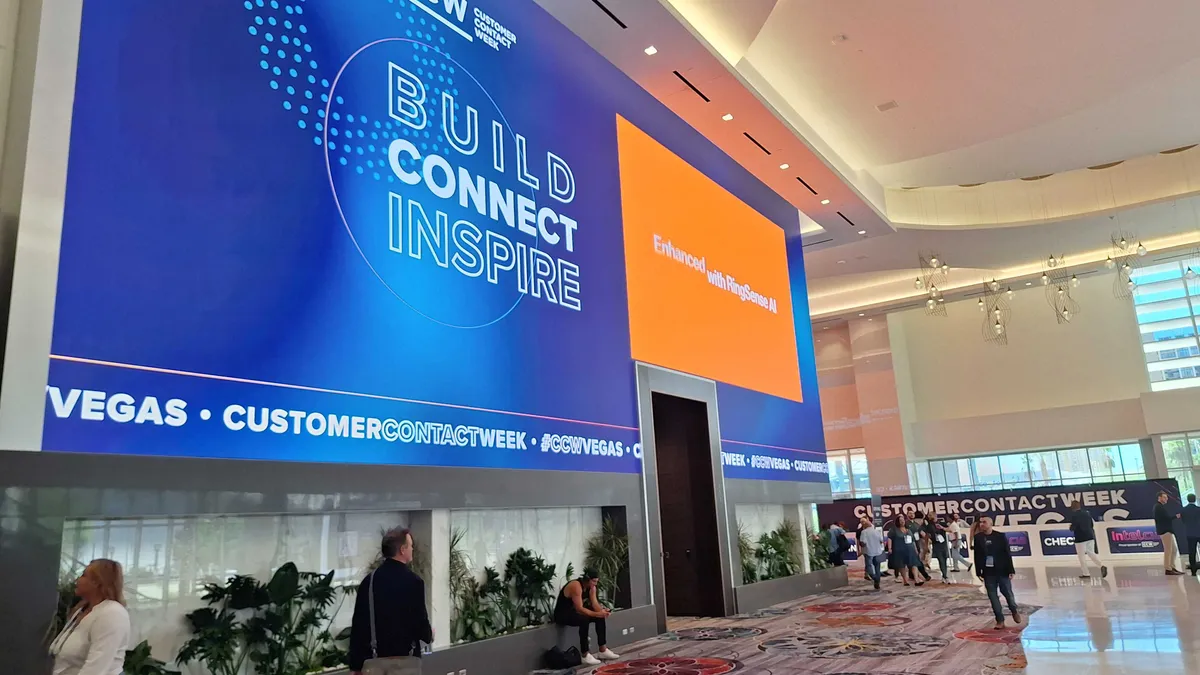The nature of the contact center is changing, and the demands of leadership are shifting, too. More agents are working in remote or hybrid environments, which can cause them to feel isolated from their team and the rest of the company.
It’s up to team leads, managers and other leaders to reinvigorate the connection between the agent and the company, CX experts said Tuesday during Customer Contact Week 2024 in Las Vegas. Isolated agents are less capable of delivering great customer service and more likely to burn out.
“The ability for a leader to energize their organization, especially in a remote environment, is critical,” said Mark Killick, SVP of experiential operations at Shipt. “People need to feel good about themselves, they need to feel good about the work that they do, and they need to know that the work they do matters a lot to the company's goals.”
Leaders have many roles, but the ability to “bring that energy to the party” is chief among them, according to Killick.
One of the best ways leaders can energize workers is by building genuine connections with their employees.
Every leader needs to interact with the frontlines on a regular basis, according to Killick. He hosts an "Ask Me Anything" session every other month, all hands meetings on the alternate months, and has a dedicated “Bark at Mark” email employees can use to set up 30-minute meetings with him.
“I do this all the time,” Killick said. “I've gotten some wonderful ideas from people, ongoing feedback, and they also raise issues that we need to resolve. Even when people don't say it, they yearn for connection.”
This can be an opportunity to help frontline teams create better customer outcomes. Agents and other frontline workers have a deep investment in CX, and the whole company benefits when they are given a voice.
Leaders also do well when they are open to personal feedback, according to Jordan Zivoder, quantitative research lead at Customer Management Practice. Conversations with employees can help managers of any level sharpen their leadership skills.
“I know it can be a challenge sometimes for leaders to get that feedback, but that's the only way to grow, to understand where your strengths and weaknesses are as a leader,” Zivoder said during the session.












